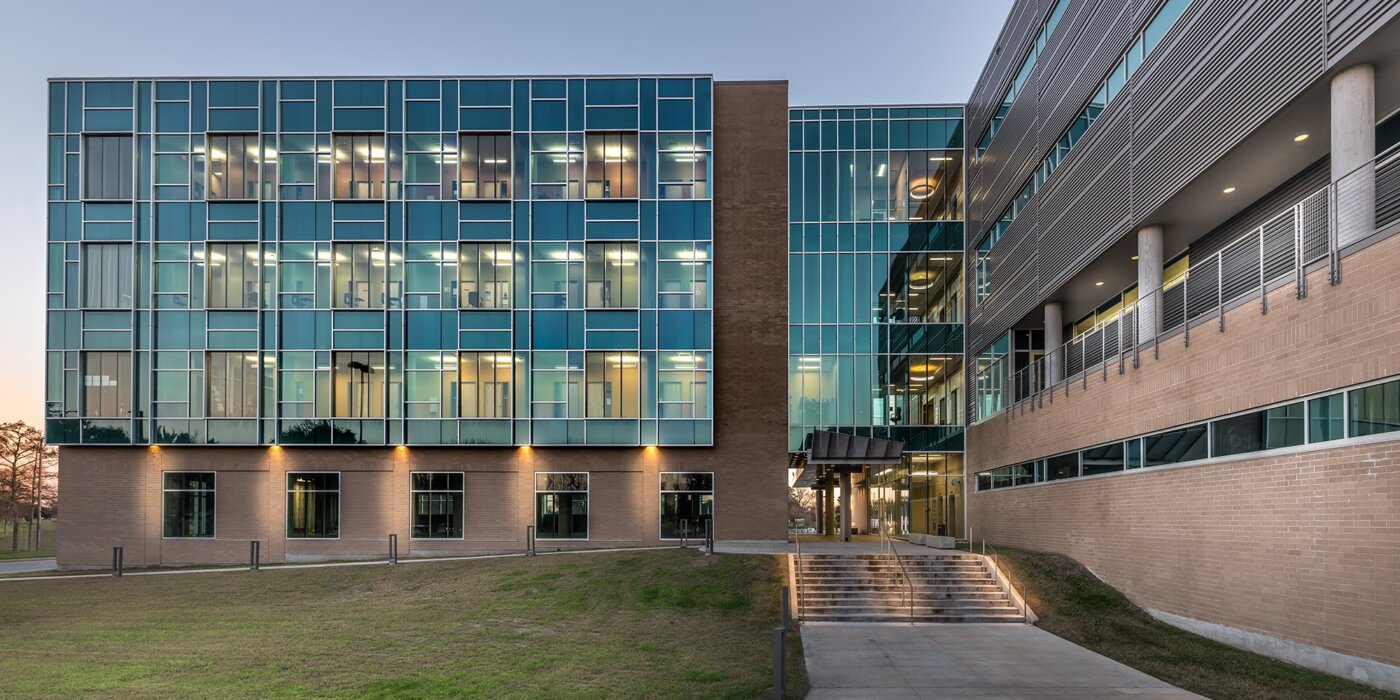About Southern University At New Orleans

Southern University at New Orleans (SUNO) is a public historically black university located in the Gentilly area of New Orleans, Louisiana. Founded in 1956, SUNO has a rich history of perseverance and dedication to providing higher education opportunities for African American students in the Gulf Coast region.
A Legacy of Advocacy and Perseverance

The idea for SUNO began to take shape in the 1940s, when local black leaders began advocating for a public college for African American students in New Orleans. At the time, segregation was still the norm in Louisiana, and black students were denied access to many of the state's public universities.
Despite these obstacles, a group of community activists, led by attorney A.P. Tureaud, continued to push for the establishment of a black college in New Orleans. Their efforts finally paid off in 1956, when the Louisiana Legislature approved the creation of Southern University at New Orleans.
Our History
SUNO opened its doors in 1959 with just over 160 students. Under the leadership of Dr. Felton G. Clark, the university developed its academic programs and facilities, overcoming funding challenges and limited resources.
“SUNO is a testament to resilience, overcoming adversity to serve as a beacon of higher education.”
Post-Katrina Resilience
Hurricane Katrina in 2005 caused significant damage to SUNO’s campus, but the university reopened its doors just two months later, demonstrating remarkable resilience and determination to continue serving its community.
Community Impact

- For every $1 given to the University, $7 are returned to the community.
- Over 25,000 alumni, with 72% remaining in New Orleans.
- The Millie M. Charles School of Social Work generates $1,000,000 in volunteer hours annually.
- In 2021, SUNO secured $22 million in grant funding for research and social impact.
National Recognition
In recognition of its contributions to higher education and the community, SUNO has received numerous accolades, including being ranked among the top 10 HBCUs in the nation by U.S. News & World Report in 2016.
SUNO's history inspires students and faculty to overcome challenges and achieve their dreams.
